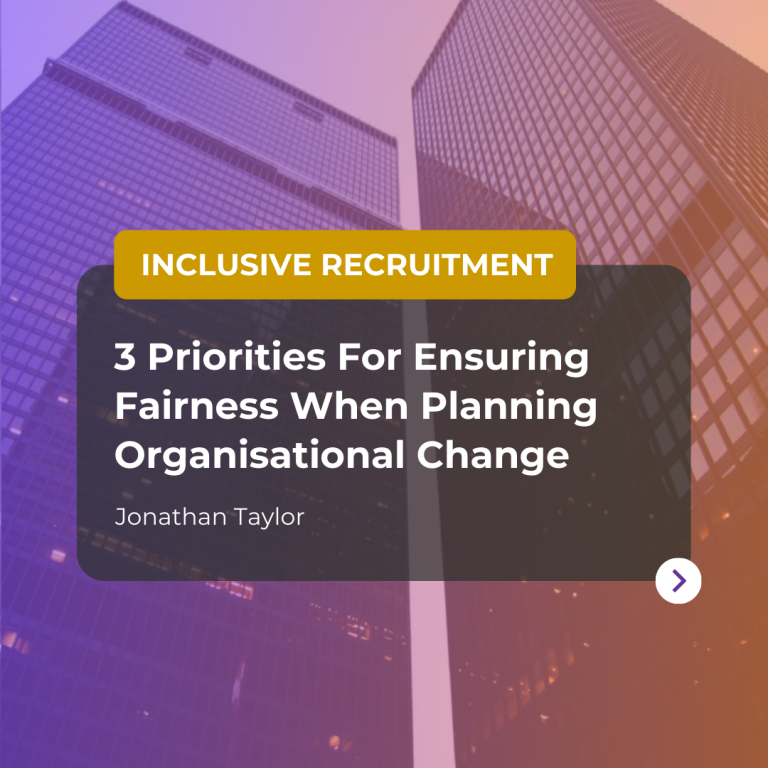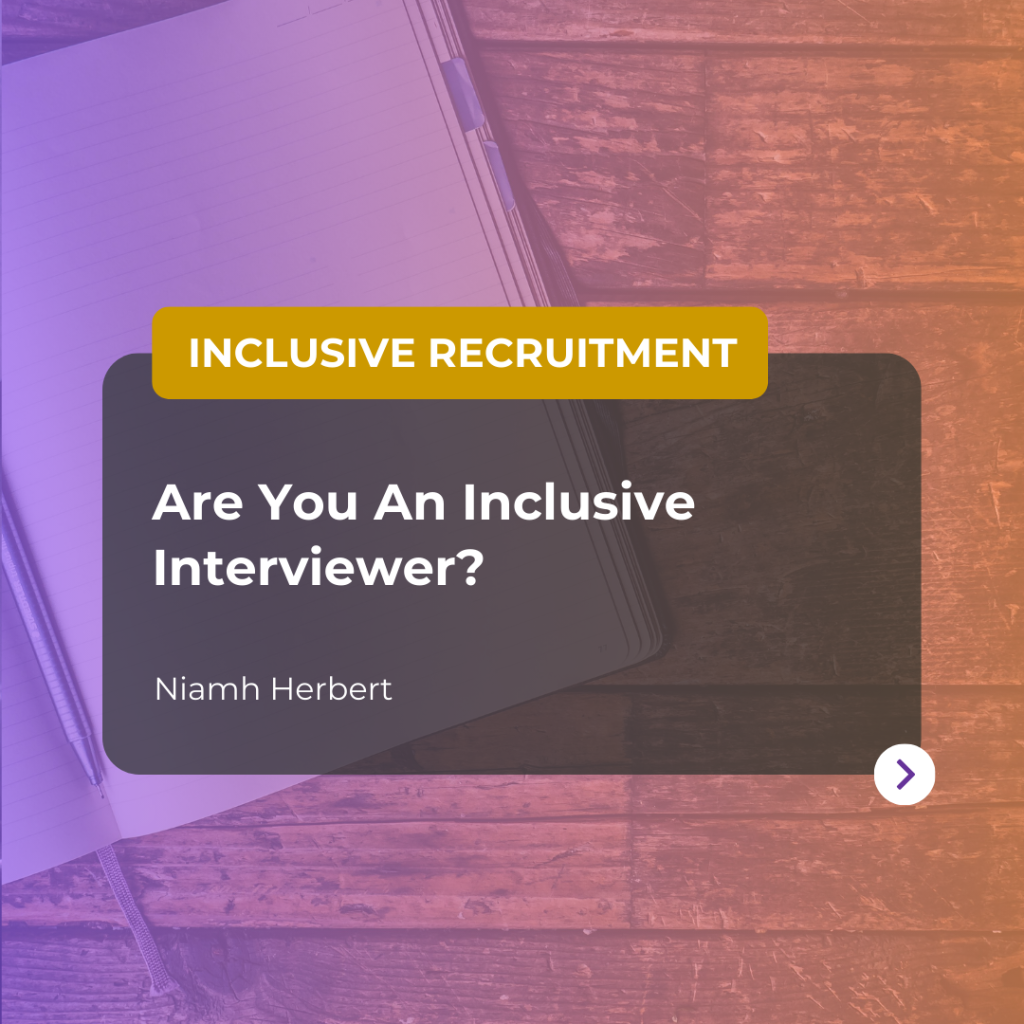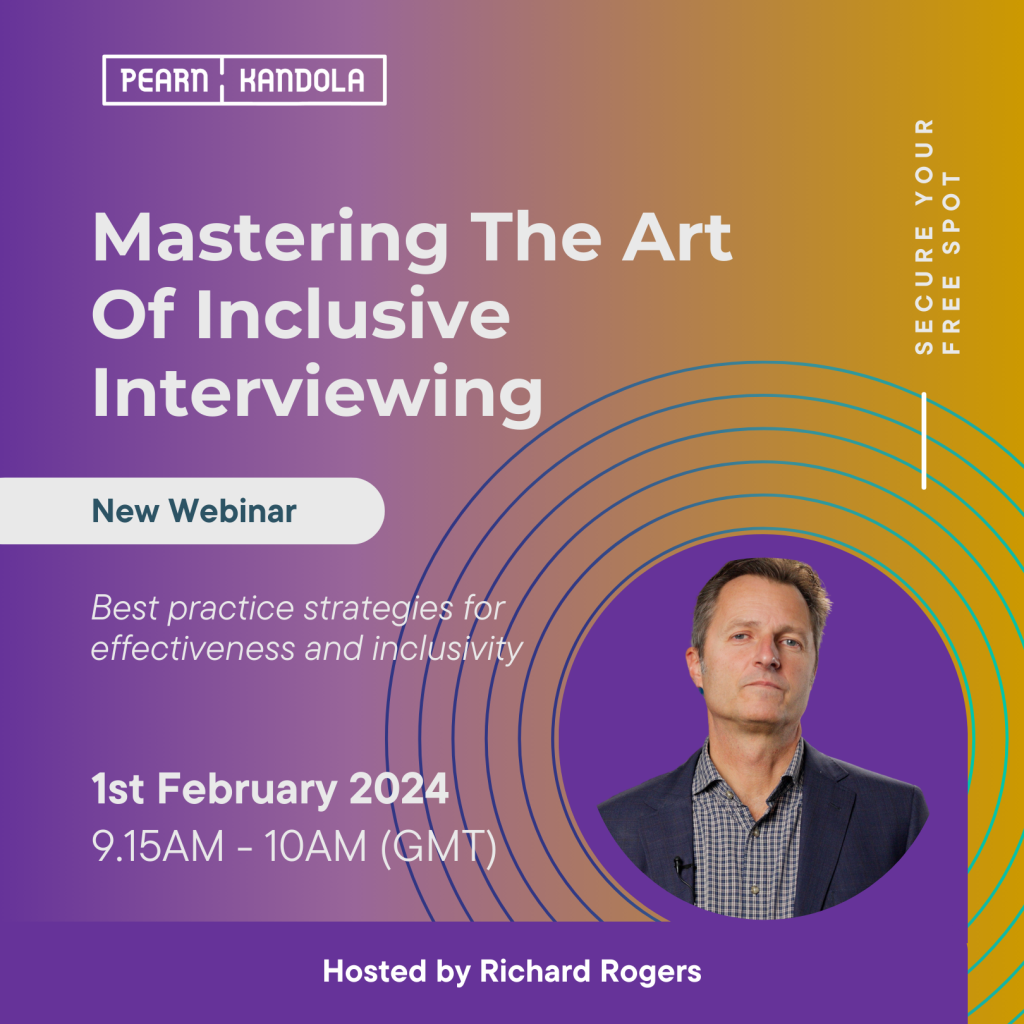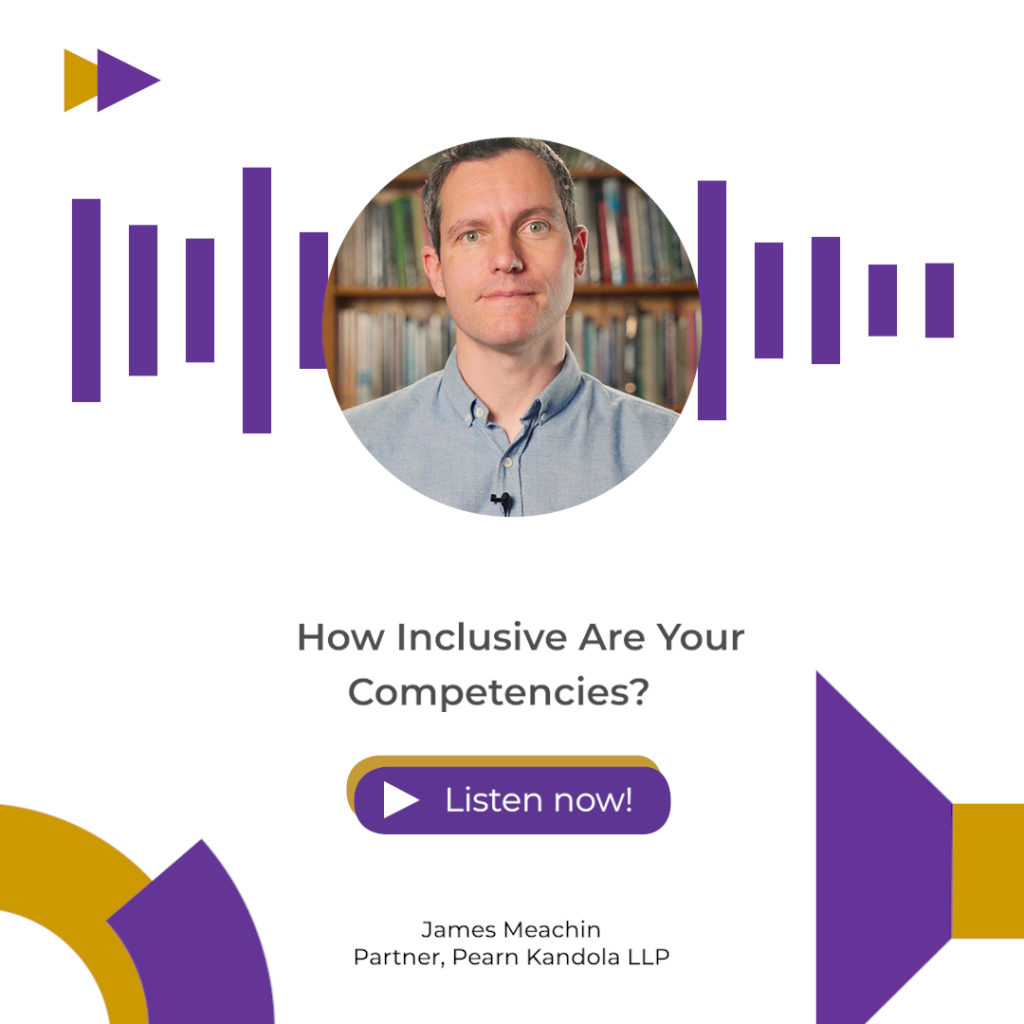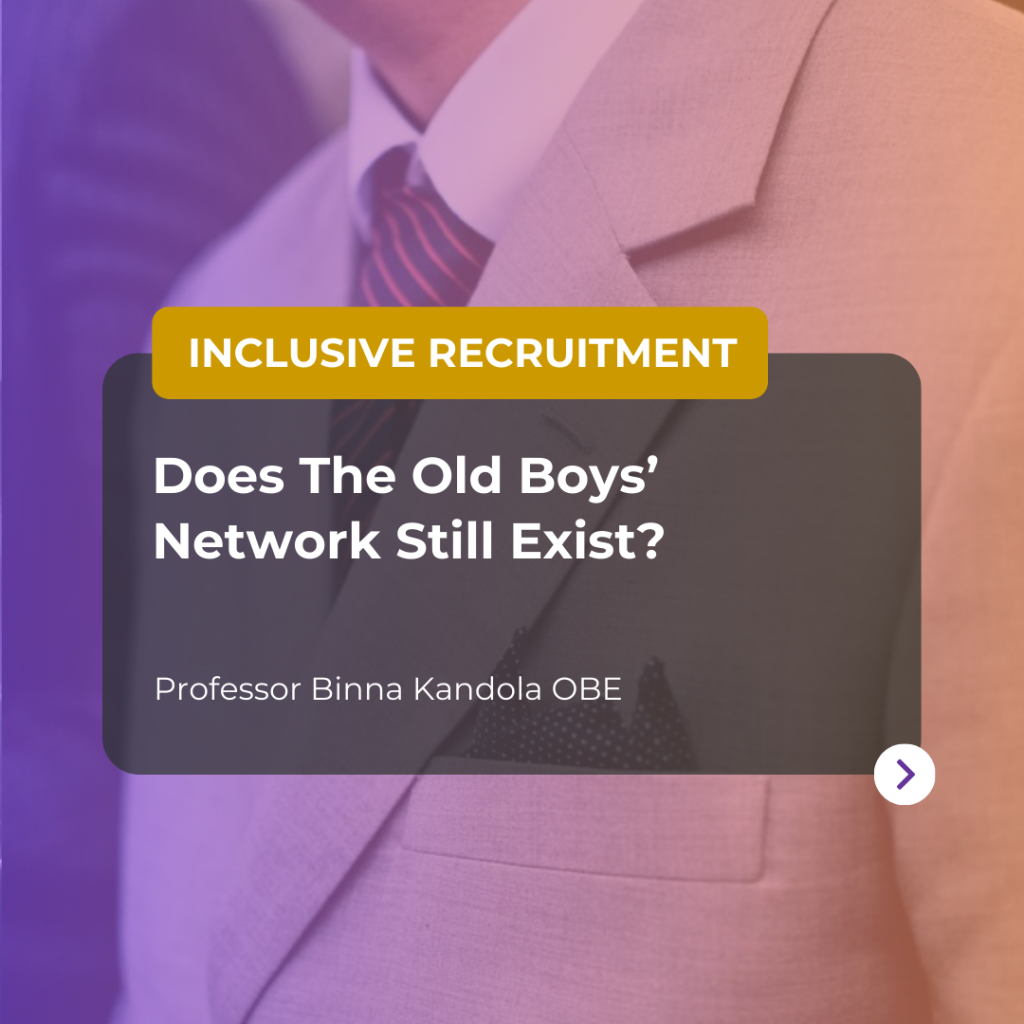Jonathan Taylor, Managing Psychologist
The business world is responding to significant disruption, with many operating models no longer fit for purpose.
Gartner estimates that the average organisation has undergone five company-wide changes in the past three years. Having navigated through the challenges introduced by the COVID pandemic, there are new changes on the horizon.
The rise of artificial intelligence (AI) is likely to create unprecedented change, disrupting tasks, job roles, and skill requirements. Currently, 75% of organisations are expecting to increase the number of change initiatives in the next three years.
These changes can be costly, ranging from several hundred thousand to tens of millions for extensive restructures. However, organisations often overlook the impact of these changes on employee engagement and the diversity of their workforce. These factors should be addressed to ensure fairness when adapting to the AI-driven landscape.
Sustaining Your Diversity & Inclusion Efforts
Any major restructuring involves changes to peoples’ roles. You may be reducing headcount or asking individuals to transition into new positions. This process often entails deselection or selection and is likely to be implemented at scale. Consequently, any bias in your decision-making processes may be amplified, significantly impacting the diversity of your new appointments. The years of effort you’ve spent building up a diverse pipeline of talent can be quickly undone.
One of our clients acknowledged this issue when they needed to recruit 700 roles in 3 months. Concerned about the potential impact of this rapid growth on their diversity and senior representation, they invited us to review their attraction and recruitment processes before they started their recruitment campaign to ensure fairness and prevent any adverse effects. We provided several recommendations and assisted them in implementing a bias-free recruitment process.
Your 3 Priorities For Ensuring Fairness, Eliminating Bias, & Maintaining Diversity
We have supported numerous companies through various restructuring, downsizing, and change. Early engagement is crucial. We can have the greatest impact if you consult with us during the design stage while planning your new operating model or company redesign.
Before getting started on any major organisational change, here are three key areas you need to focus on:
1. Designing For Fairness
It is crucial to consider Diversity & Inclusion when designing new roles to ensure that:
- Roles are inclusive
- Job descriptions appeal to a diverse range of candidates
- Criteria accurately reflect the needs of the role
Your selection (or deselection) criteria and – how they will be measured – are important considerations.
If downsizing, do you have existing performance data to use? If existing employees apply for new roles, are there clear criteria to measure against? Do you have effective processes for assessing candidates?
While we can’t eliminate bias from people, we can minimise its influence on selection decisions through careful design.
Large-scale change presents an excellent opportunity to refresh your approach to selection. One of our clients, navigating a period of downsizing, recognised that they lacked objective performance data for their staff. They worked with us to develop a bespoke assessment process, which included a Situational Judgement Test (SJT). Feedback from those who underwent the process indicated that it felt challenging but fair. Based on the success of the process, we collaborated with the organisation to create a similar process for their external hires moving forward, enhancing their ability to recruit external hires from diverse backgrounds.
2. Ensuring Fairness through Consistent Process Implementation
A process can only be considered fair when it is applied consistently. Managers must possess the knowledge, skills, and confidence to adhere to the processes that you introduce. Training should go beyond raising awareness and should equip managers with the necessary skills, whether this involves conducting interviews or discussing performance objectively.
After adopting a structured interview process, one of our clients collaborated with us to implement inclusive interview skills training for all managers involved in their recruitment drive. The training was rolled out to over 100 managers via a ‘Train the Trainer’ approach. This allowed managers to practice using the new materials before conducting interviews, giving the organisation confidence that the process would be followed consistently.
3. Transparency Of Your Communication
Often during restructures, informal communication results in some colleagues having an advantage over others – or perceptions that some jobs have been given to friends. Research has found that perceptions of fairness matter and can undermine the cost savings from a lower headcount if staff who remain believe that the change was handled unfairly. People disengage from their work and the business.
Therefore, clarity on why the change is happening, the process being followed and visibility of opportunities (e.g., new roles) will be essential to build into your plans.
Transparency regarding upcoming changes, expectations, and access to information, such as advertised jobs, is crucial. Everyone should have visibility of new roles, with clear milestones for when specific information is released.
As with all aspects of inclusion, it’s impossible to anticipate everyone’s needs. Establishing clear feedback loops, where staff can express their concerns, enables you to share your intentions and address any issues that arise.
If your organisation is going through a significant change and would like to speak with one of our experienced business psychologists, please contact info@pearnkandola.com
